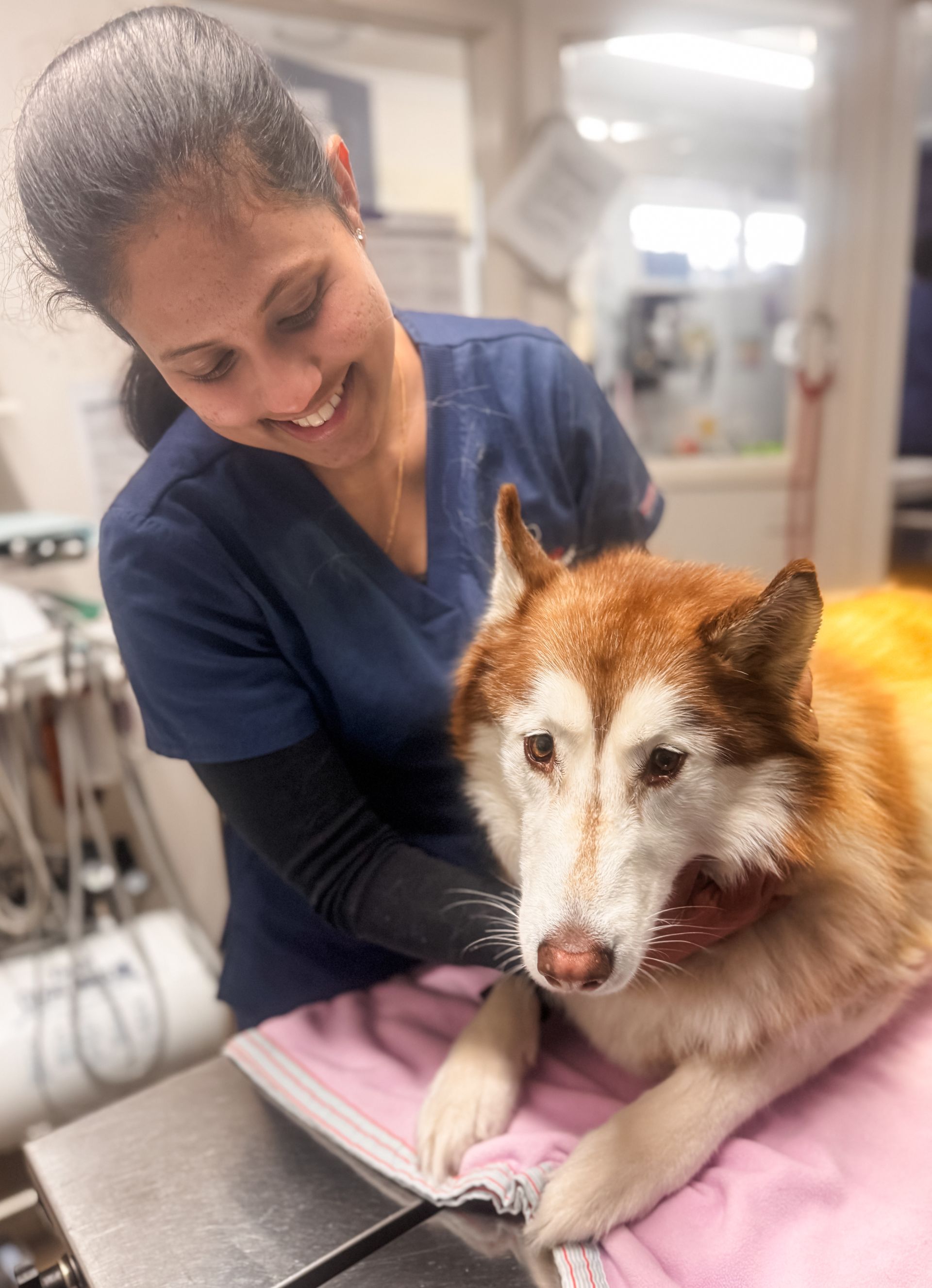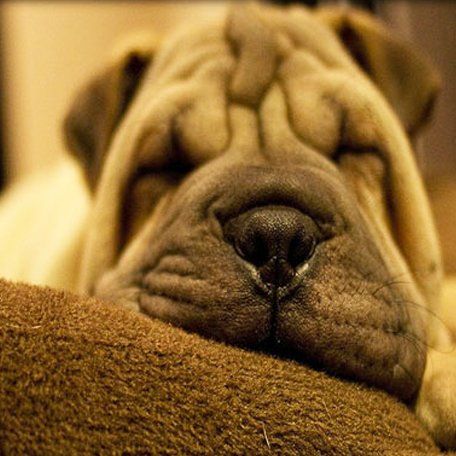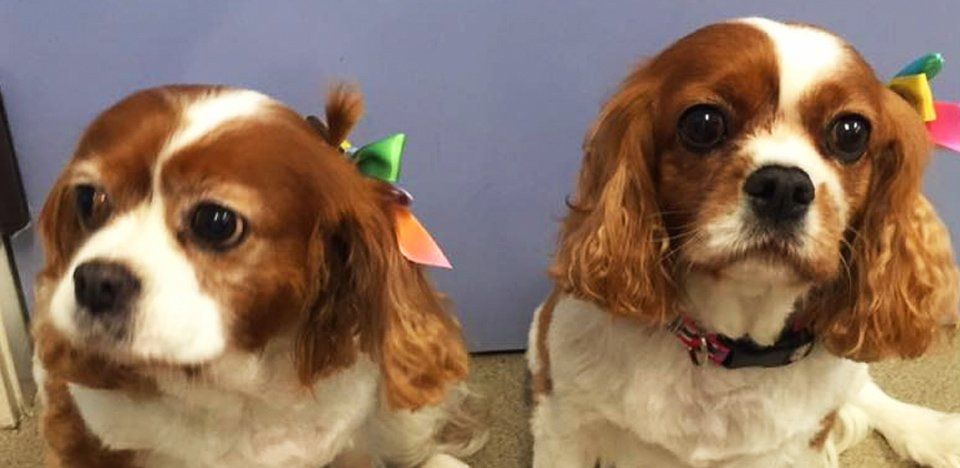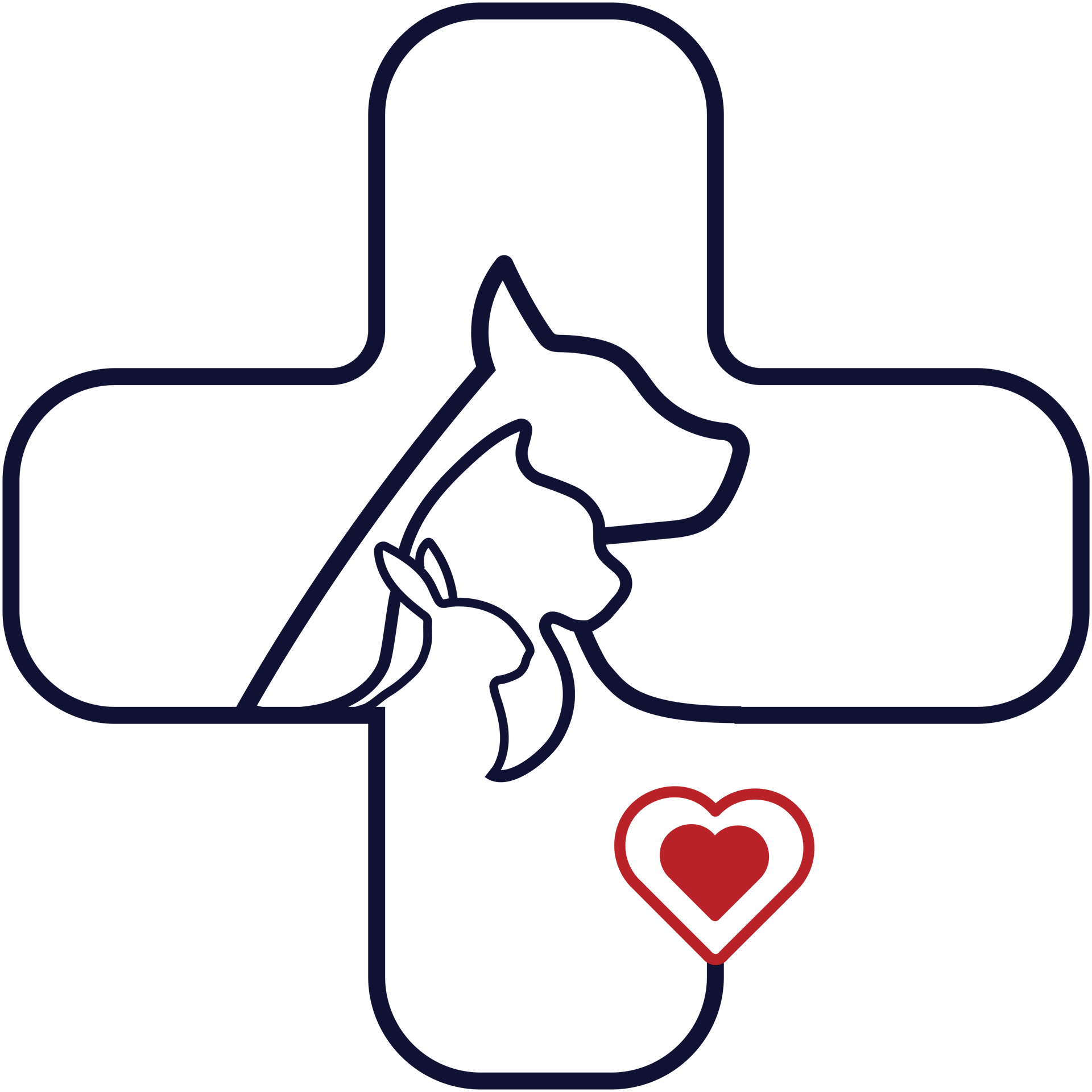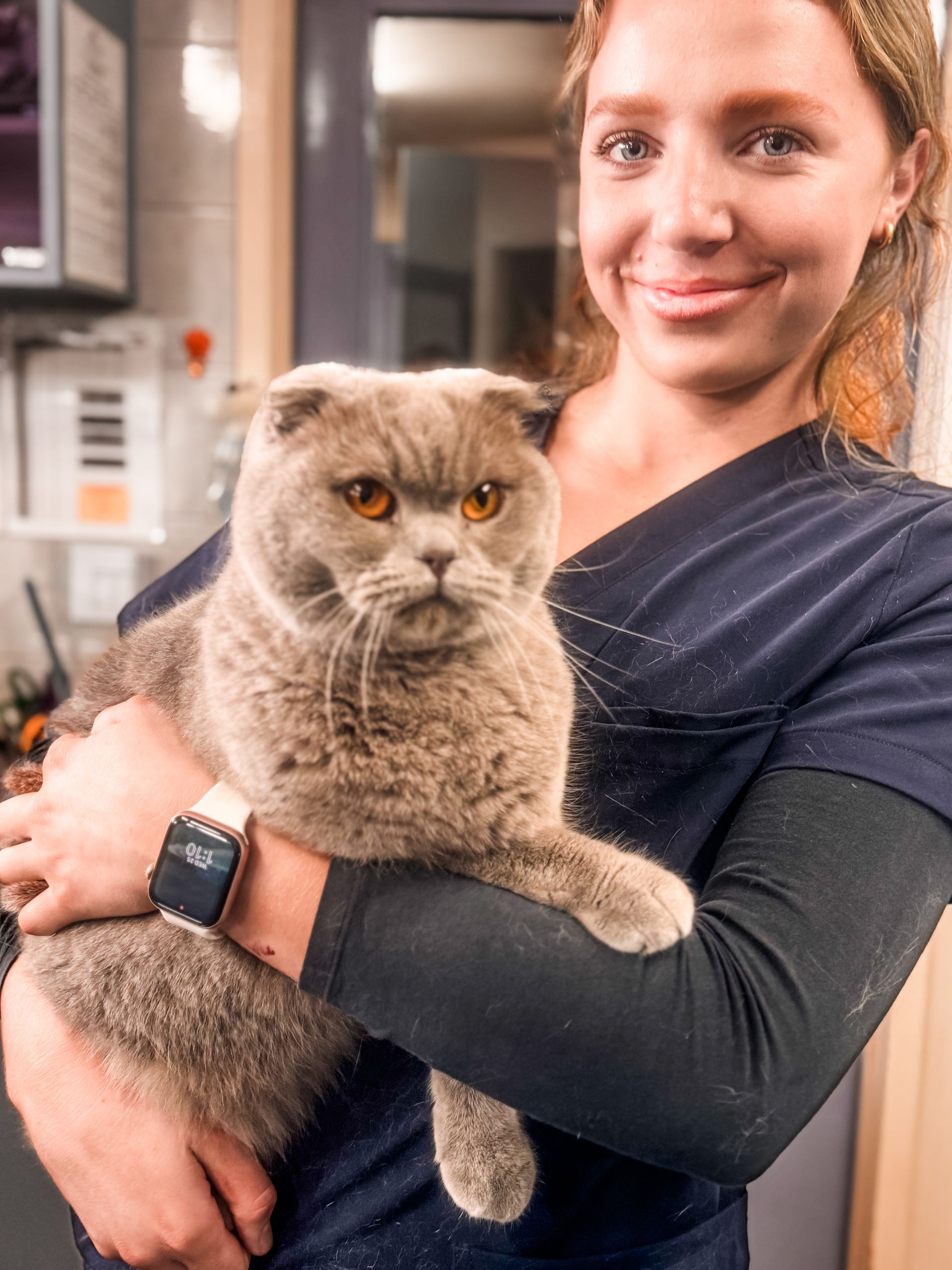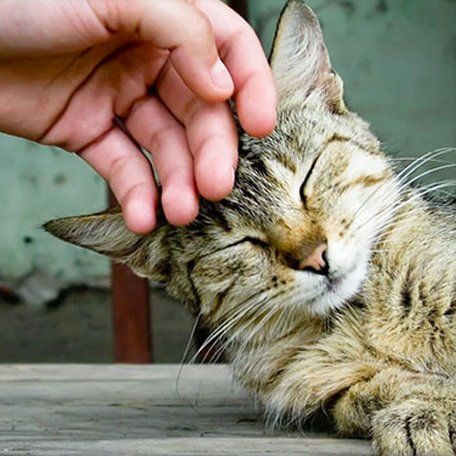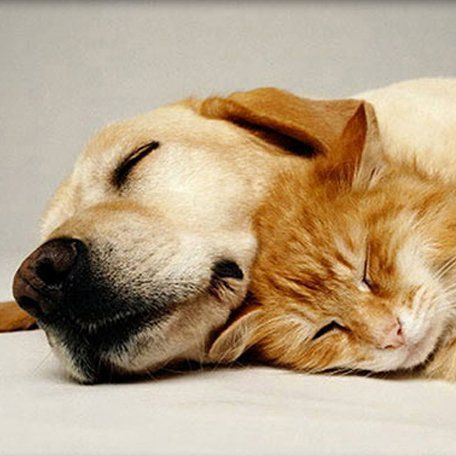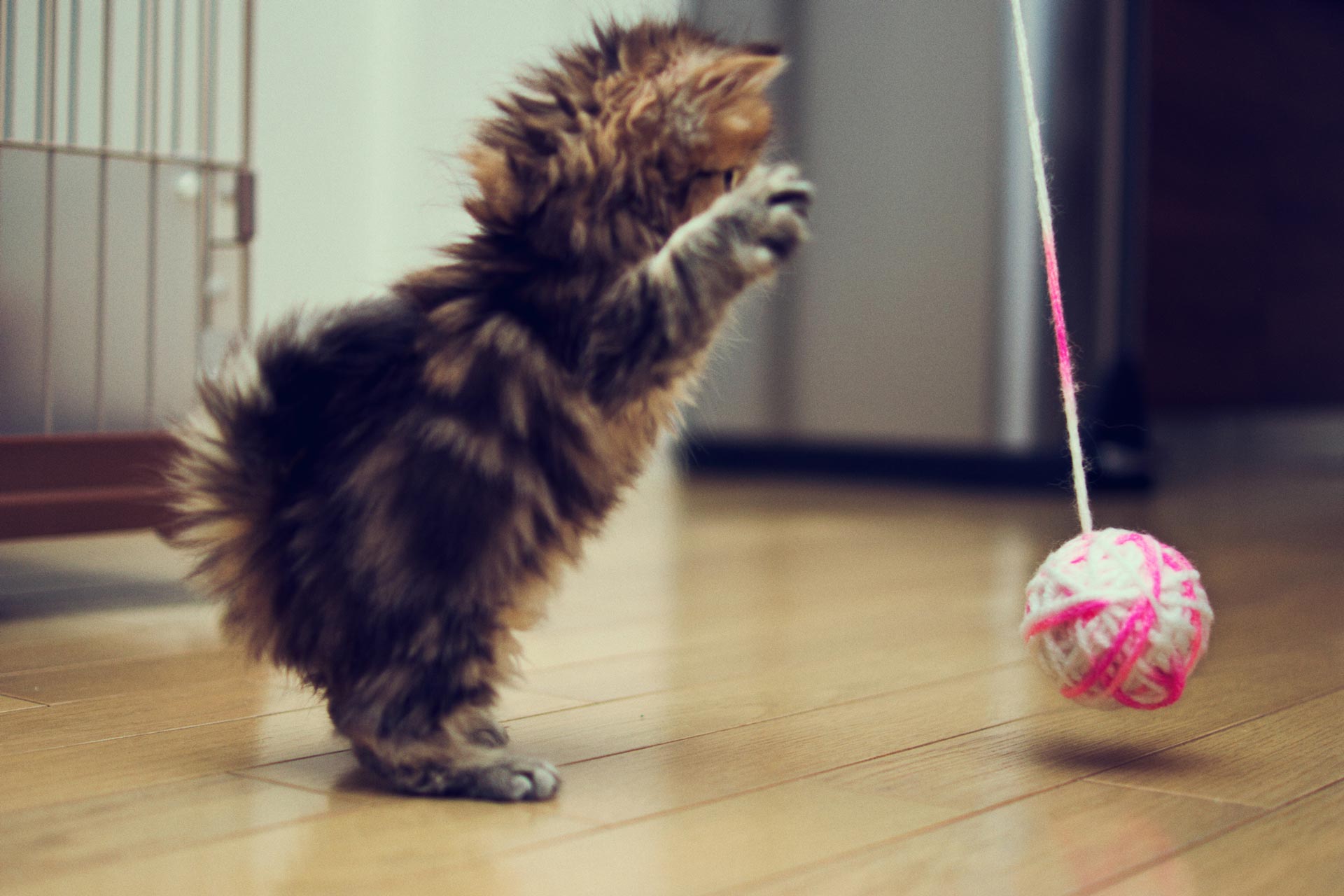August is Dental Month!
Unfortunately dogs and cats cannot brush their own teeth like we do.
The facts you should know about dental disease
* By the age of 3years 70% of cats and dogs will have the beginnings of periodontal disease.
* This disease frequently goes unnoticed by pet owners.
*Dental disease does not only affect the mouth but can cause serious issues in other parts of the body.
* Your pet may be suffering from pain, especially when eating, although this may not be apparent to you.
Plaque and tartar
Saliva, bacteria and food particles combine to form plaque every day. Plaque is the film you feel on your teeth in the morning when you wake up. Within 24 hours the plaque may begin to turn into tartar, a hard yellowish deposit on the teeth. Plaque also causes gingivitis – an infection of the gums – that is the first stage of periodontal disease.
A problem at all ages
Dental disease is more common as pets get older. The major cause of gum disease is accumulation of plaque, which contains a large number of bacteria. These bacteria can spread to the lungs, liver, kidney and heart, causing infection there. Periodontal disease is painful, even though your dog or cat may not show it.
Your vet will be able to spot any problems during your dog’s or cat’s check-up, but until then, here are some things to look out for:
- Bad breath
- Yellow and brown tartar deposits on the teeth – normal teeth should always be white
- A red line along the gum line (gingivitis)
- Difficulty eating
- Bleeding gums
A good brush
There are 3 parts to taking care of your dog’s or cat’s teeth:
1) Regular tooth brushing,
2) A special food that works like a toothbrush
3) Regular check-ups with your vet – every 6 months or AT LEAST once a year
Brushing will be easier if you begin while your dog or cat is still young, although you may have success even if you start with an older dog or cat, provided she doesn’t already have painful gum disease.
Don’t use toothpaste designed for people, as there are pastes specially designed for pets that are safer. Ask your vet or vet nurse what he or she would recommend and get them to show you what to do.
You should brush your dog’s or cat’s teeth at least once a week, but once a day is best.
Special food
In addition to, or instead of, tooth brushing, you can use a special food. Hill’s Prescription Diet t/d has a unique structure and size that helps reduce plaque, tartar and gingivitis. Regular dry food does not remove plaque.
has a unique structure and size that helps reduce plaque, tartar and gingivitis. Regular dry food does not remove plaque.
This is the simplest way of making sure your cat gets some form of ‘brushing’ each day.
Remember to see your vet regularly – keeping your dog’s or cat’s teeth in good condition is essential for her overall health.
The good news is that our staff are always willing to offer free advice on dental care ranging from prevention to treatment. We also have a variety of pet foods and specially designed treats to aid in the a prevention of this disease.
As a treatment we offer comprehensive dental care using the latest ultrasonic scaling and polishing equipment.
Call us today on (03) 9799 1479 for a free dental check.
